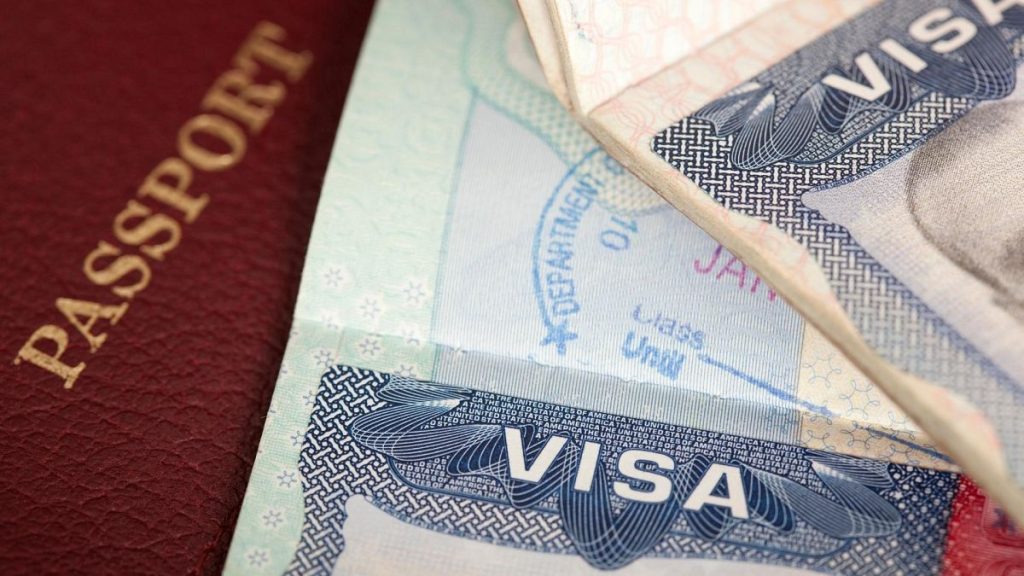Golden visas, also known as residence by investment schemes, allow wealthy individuals to essentially purchase the right to residency in a country. This can involve buying property, making large investments, or donating to the country. These visas are becoming increasingly popular, particularly in the European Union, as people seek to move away from countries facing instability or political decisions that may limit their safety and rights. However, many European countries are now phasing out their golden visa schemes. Spain, Portugal, and the Netherlands have all made changes to their programs, while Hungary has recently reintroduced its golden visa scheme.
The European Union has raised concerns about golden visas and passports, as they offer a route to residency or citizenship without traditional requirements. The EU has called for member states to stop selling citizenship to investors due to concerns about security, transparency, and the values of the European Union project. In 2022, the European Commission urged countries like Albania and Vanuatu to refrain from developing these schemes, citing risks such as security, money laundering, tax evasion, terrorist financing, and corruption. Some EU countries, such as the UK and Ireland, have already scrapped their golden visa programs due to these concerns.
Only a few EU countries still offer golden passports, including Malta, which requires a minimum investment amount. Other countries, such as Greece, Italy, and Hungary, still offer golden visa schemes with varying investment requirements. Spain, Portugal, and the Netherlands have made changes to their programs in an effort to curb property speculation and reduce pressure on housing markets. Spain, in particular, has announced plans to end its golden visa program, citing a push to make housing a right rather than a speculative business. This decision is expected to come into force by January 2025, affecting thousands of visa holders in the country.
The Hungarian government recently announced the reintroduction of its golden visa scheme, offering residency through real estate investment funds, property purchases, or donations to higher educational institutions. Italy and Greece also have popular golden visa programs, with Italy requiring a €250,000 investment through a limited company and Greece offering a quick process for residency. Greece recently increased its investment thresholds to address housing shortages in certain areas, while maintaining lower thresholds in other regions. Despite the concerns raised by the EU, golden visas continue to be sought after by wealthy individuals looking to secure residency in Europe through a financial investment.
In conclusion, golden visas have become a popular means for wealthy individuals to obtain residency in European countries by making investments or donations. While these programs offer a quick route to residency, they have faced scrutiny from the EU over security and transparency concerns. Several countries have already scrapped their golden visa schemes, with others making changes to the requirements in response to market pressures. Despite these challenges, countries like Italy, Greece, and Hungary continue to offer golden visa programs, attracting investors looking to gain residency in Europe through financial means. The future of golden visas in Europe remains uncertain as governments grapple with balancing economic opportunities with security risks associated with these schemes.









